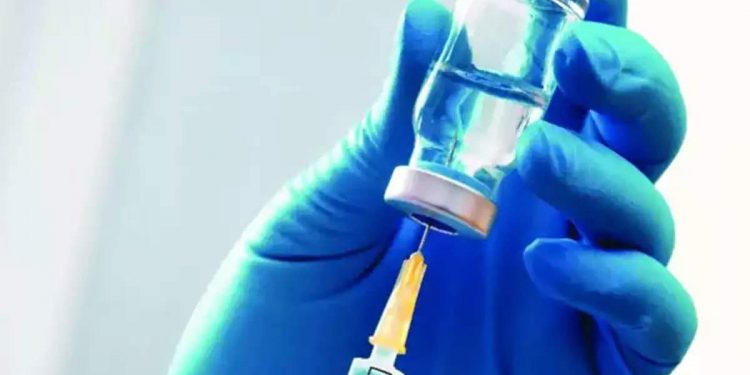As coronavirus wreaked havoc across Europe early this year, two French doctors’ suggestion that Africans could be used as human guinea pigs for testing vaccine against COVID-19 drew widespread condemnation.
The ‘deeply racist’ comments produced angry reactions not only from the World Health Organization (WHO) but also from two legendary African footballers Didier Drogba and Samuel Eto’o. One of the doctors later issued an apology.
Since the WHO declared the virus a global health emergency and rated COVID-19’s global risk of spread and impact as very high, the race to find a safe and effective vaccine has been unprecedented.
As the pressing need for mass vaccination assumed the centre-stage, India emerged as a frontrunner in its pursuit. A number of vaccines are at various stages of human trial in the country.
While it’s important to find a vaccine for the deadly disease which has cost more than 1,200,000 lives so far, question may arise whether Indians could be used as guinea pigs in testing of the vaccine against the virus.
If the past experiences of similar clinical trials are anything to go by, this cannot be ruled out.
Since India relaxed its laws governing drug trials in 2005, foreign drug companies have been taking advantage of the country’s pool of educated, English-speaking doctors and the huge population from which to choose trial subjects.
More often than not giant multinational pharmaceutical companies enrol an Indian partner for the production of the vaccine to take advantage of the Indian firm’s abilities to produce these doses on a mass scale. This production of vaccines in India is found to be inexpensive and competitive. But several research organisations that these Indian firms commission for the purpose often involve the unscrupulous practice of choosing the poor, illiterate people who do not understand the meaning of clinical drug trials. It’s one thing to administer the vaccine on a volunteer but it’s an entirely different thing to do it on a person who is completely ignorant of the consequences. The basic premise of a clinical trial is that a subject should participate voluntarily and since this is not done with the largely poor people on whom the trials are conducted, they are continuing to be done unethically.
The contract research organisations which conduct most of the trials also take advantage of the weak regulation by not doing trials properly, saving time and money for the pharma companies, often leading to adverse effects on those undergoing the trials.
Since companies worldwide are rushing through clinical studies to deliver the inoculation, vaccine development that normally takes as long as a decade to complete is now being compressed to less than a year by drug makers.
Russia, for instance, has approved its coronavirus vaccine, dubbed Sputnik V, before the final stage of human testing is completed, raising safety concerns. Interestingly, the government of India has expressed its desire to use this Russian vaccine on its citizens.
Though no serious malpractice has been detected in the vaccine trial in India so far, if past experiences of conducting such clinical trials are any indication, India must not risk the lives of its people and it should not rule out any wrongdoings. Admittedly, it is impossible to check the efficacy of a vaccine without potential trial participants but subjecting unsuspecting Indians to a trial without full knowledge and consent is illegal and inhuman.







































